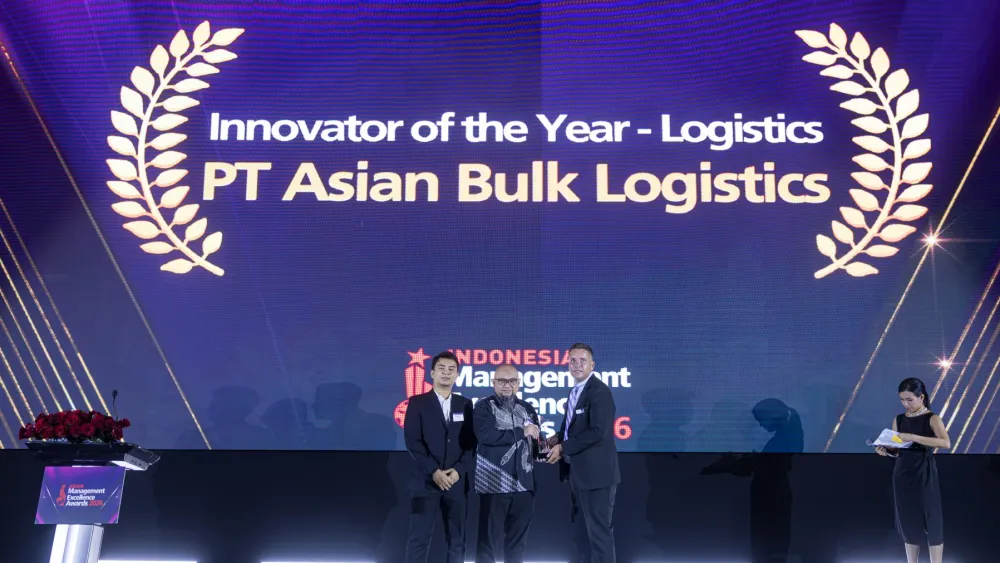
Empower transformative advisory practices with QuickBooks Advanced
Experts discussed how advanced accounting tools enable firms to scale operations, enhance advisory services, and embrace technology.
As businesses across Asia embrace digital transformation, accounting firms face increasing pressure to move beyond traditional bookkeeping and deliver strategic advisory services. They continue to navigate cost constraints, limited manpower, and new systems whilst striving for greater efficiency, automation, and improved data accuracy.
To explore how accountants can upgrade their advisory capabilities, Asian Business Review and Hong Kong Business, in partnership with Intuit, hosted the “Discover The Advisor’s Edge with QuickBooks Advanced” webinar on 6 November 2025. The session brought together industry leaders to discuss how QuickBooks Advanced can help advisory firms scale operations, improve efficiency, and provide clients with actionable insights.
The discussion was led by Lily Tan, Senior Director at TnB Global Outsource Pte Ltd, alongside panellists Eric Chan, Chief Consultant at Reachtop KSHK Group, and Lily Yong, Managing Director at InTune Outsourcing Global, with Simon Hyett, Contributing Editor at Asian Business Review and Hong Kong Business, serving as host and moderator.
Smart tools for modern accountants
Accountants today are evolving from traditional number processors to strategic partners who help clients make informed business decisions. Advanced accounting tools, like QuickBooks Advanced, are enabling firms to bridge the gap between conventional accounting and modern advisory services.
Lily Tan emphasised the evolving role of accountants. “In our modern role as accountants, we would advise the clients on the cash flow, automations, and the growth of the business operations,” she said. Drawing on her experience since 2001, she described how technology has transformed accounting, from abacuses and spreadsheets to AI-enabled software. “Our value comes from helping clients make smart business decisions, and that’s where QuickBooks Advanced gives us an edge,” she added.
She highlighted specific QuickBooks Advanced features that enhance advisory work: automated approvals, multi-user access with customisable roles, real-time reporting, and workflow automation. These features not only save time but also allow accountants to provide deeper insights, helping clients optimise operations and make strategic decisions. “QuickBooks Advanced has this new role and function that we can customise the roles to support the customer and tailor their needs and requirements,” she remarked.
Tan illustrated real-world examples of how QuickBooks Advanced helped clients. One client in the food and beverage sector, previously reliant on pen-and-paper invoicing, was able to issue invoices on the go using QuickBooks Advanced, reducing errors and freeing accountants to focus on advisory tasks. Similarly, a construction firm improved cash flow management and revenue recognition using the system’s real-time dashboards and automated workflows.
“If you don’t change today, the world will change without us,” Tan urged, highlighting the importance of adopting technology to scale practices and strengthen client relationships.
QuickBooks Advanced proves particularly valuable for industries such as construction, engineering, professional services, and wholesale distribution, helping firms streamline processes whilst focusing on higher-value advisory services and bridging gaps between traditional spreadsheets and modern accounting needs.
Driving digital change in accounting
Looking at how accounting firms across Asia are embracing digital transformation, Lily Yong highlighted that regulatory compliance often drives adoption in Malaysia, leaving businesses little choice but to digitise processes. She also shared the practical benefits of QuickBooks Advanced for growing firms, noting its lower upfront costs compared with traditional ERP systems and its subscription-based, scalable features. "It's easy to start up, and there will be no big damage to your pocket, as it's subscription-based; the cost is tapered out over the years," she outlined.
She added that the system’s automation and real-time reporting enable accountants to spend more time providing strategic advice, helping clients make data-driven decisions and plan for future growth. "Continue to focus on delivering high-value items, and then leave the repetitive tasks to great accounting software to do the heavy lifting," she affirmed.
Meanwhile, Eric Chan emphasised the evolving advisor-client relationship, highlighting how technology can expand the scope of services firms provide. He pointed out that proactive adoption of advanced tools like QuickBooks Advanced allows firms to deliver greater value: “Don't be passive or reactive; be proactive. Because otherwise, you will be left behind.” Chan also encouraged accountants to learn new systems ahead of clients to maximise impact and strengthen long-term partnerships. “For those who are going to adapt, or who are open-minded to adapt these tools, make use of them to create more value for the clients,” he advised.
Reflecting on the discussion, the speakers emphasised that accountants must embrace technology, focus on high-value advisory services, and take a proactive approach. Yong highlighted the importance of leveraging software to handle repetitive tasks, Chan urged firms to learn and act on new tools before clients do, and Tan stressed combining expertise with technology to strengthen client relationships and transition from traditional transactions to strategic advisory.
As advisory services become increasingly digital, efficiency, automation, and actionable insights are essential. With Intuit QuickBooks Advanced, accounting firms across Asia can transform operations, scale effectively, and position themselves as trusted strategic partners to their clients.
Want to learn more about advancing with QuickBooks? Watch the full discussion here.



















 Advertise
Advertise









